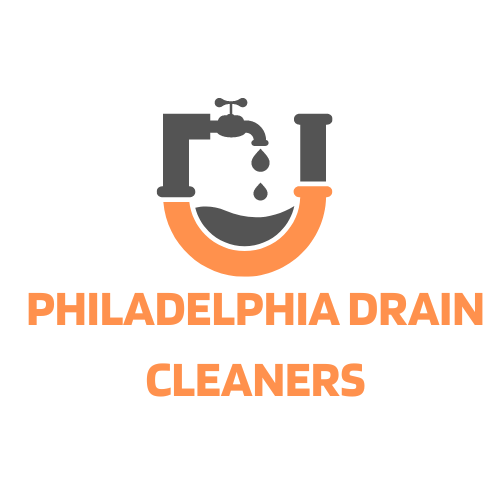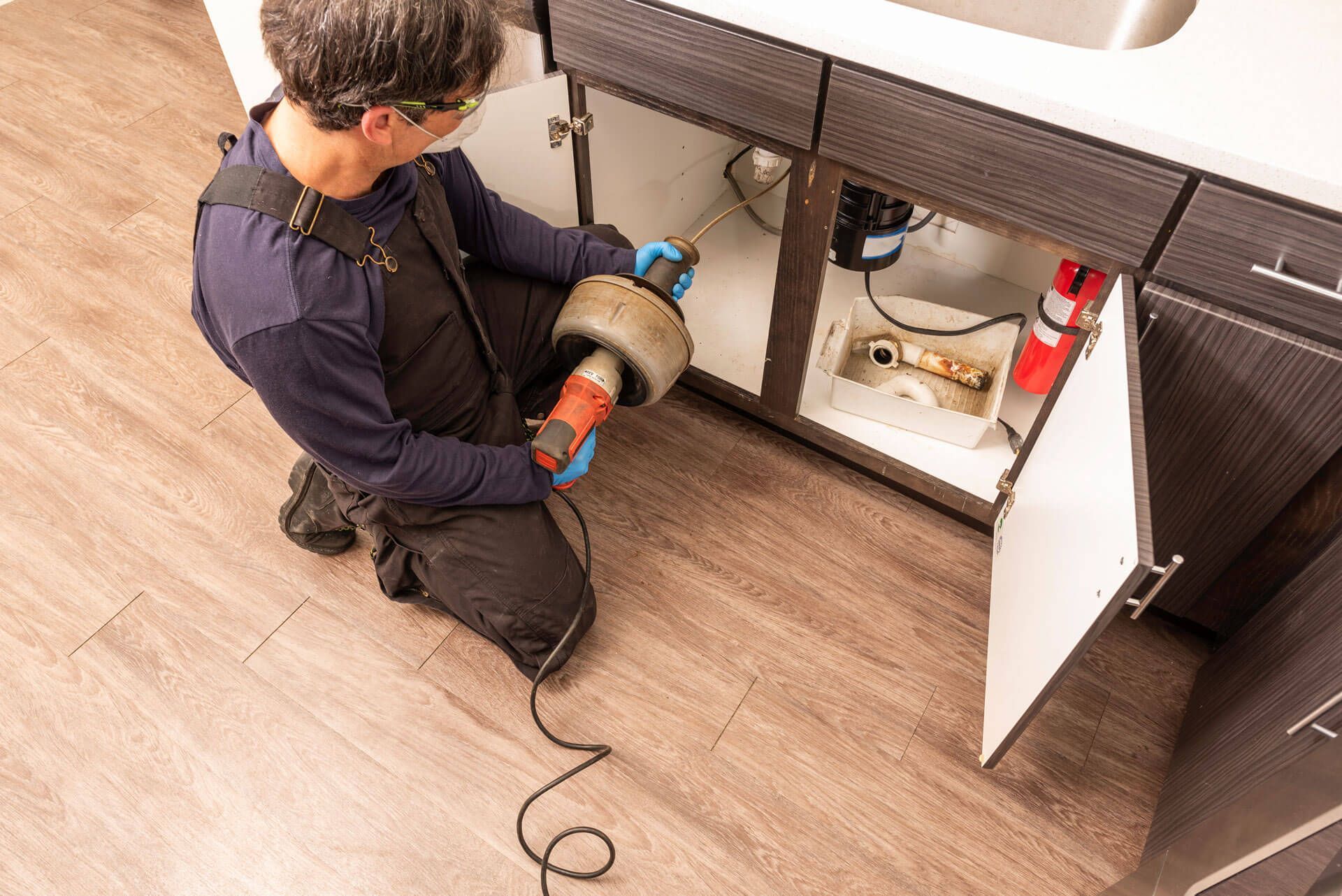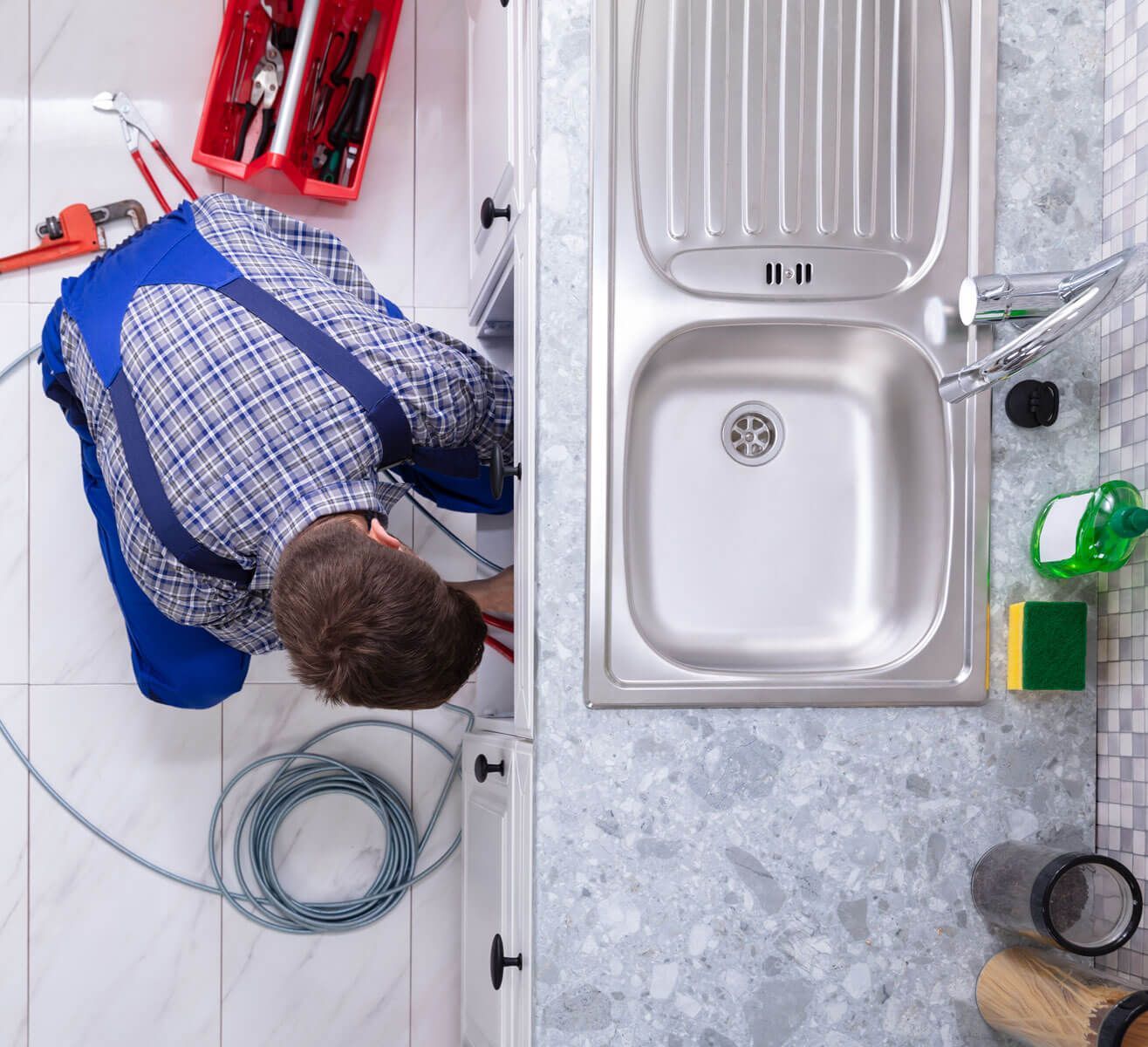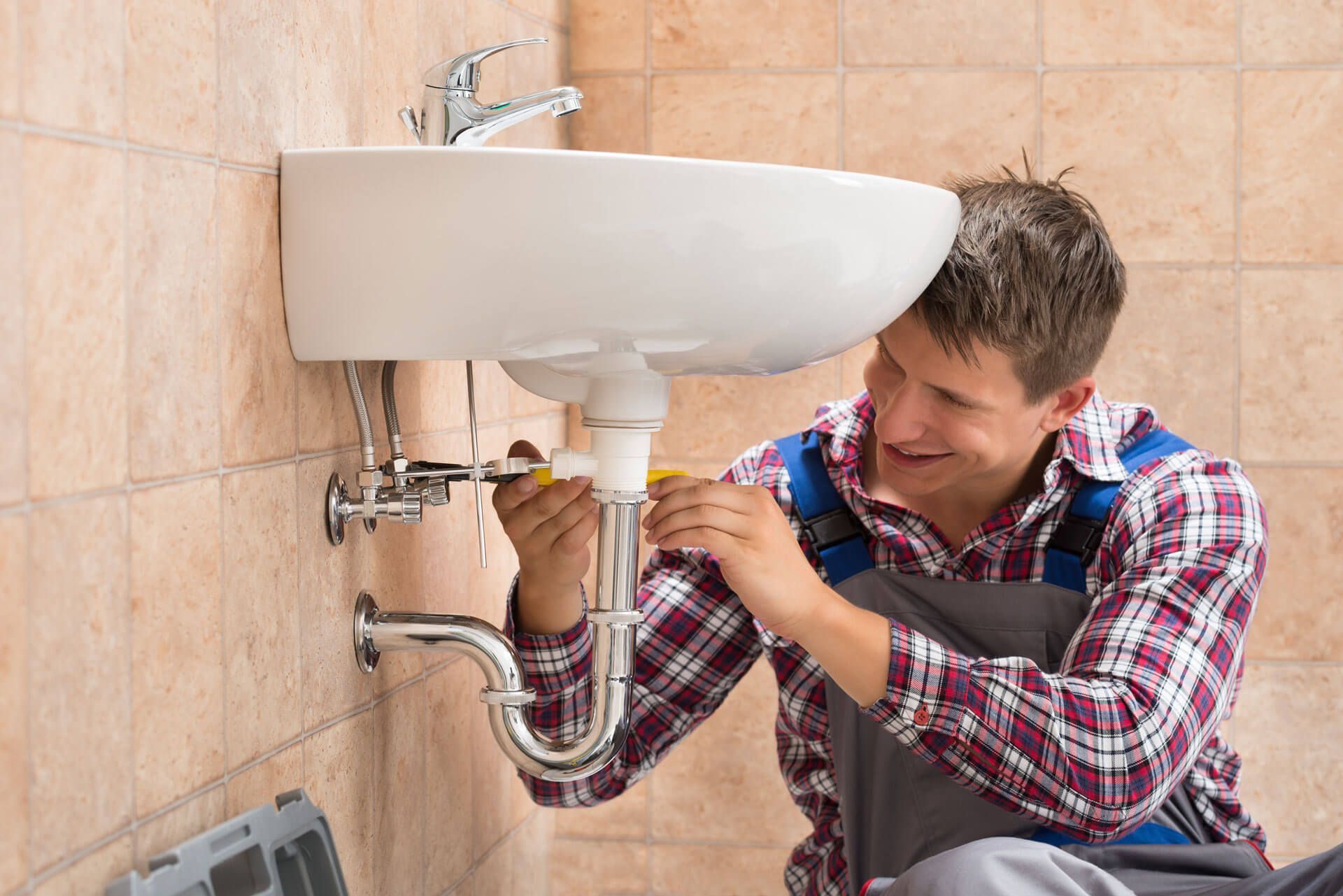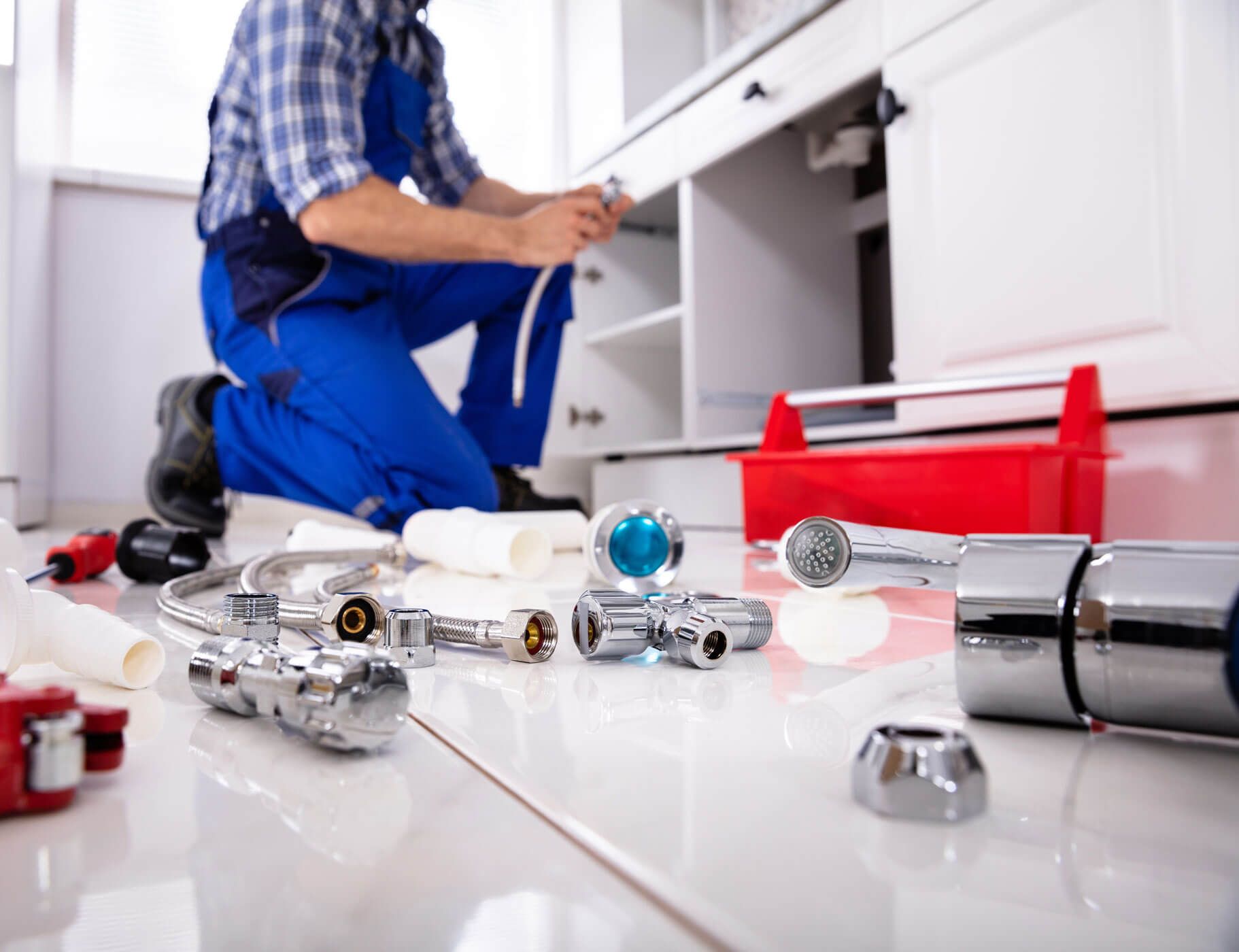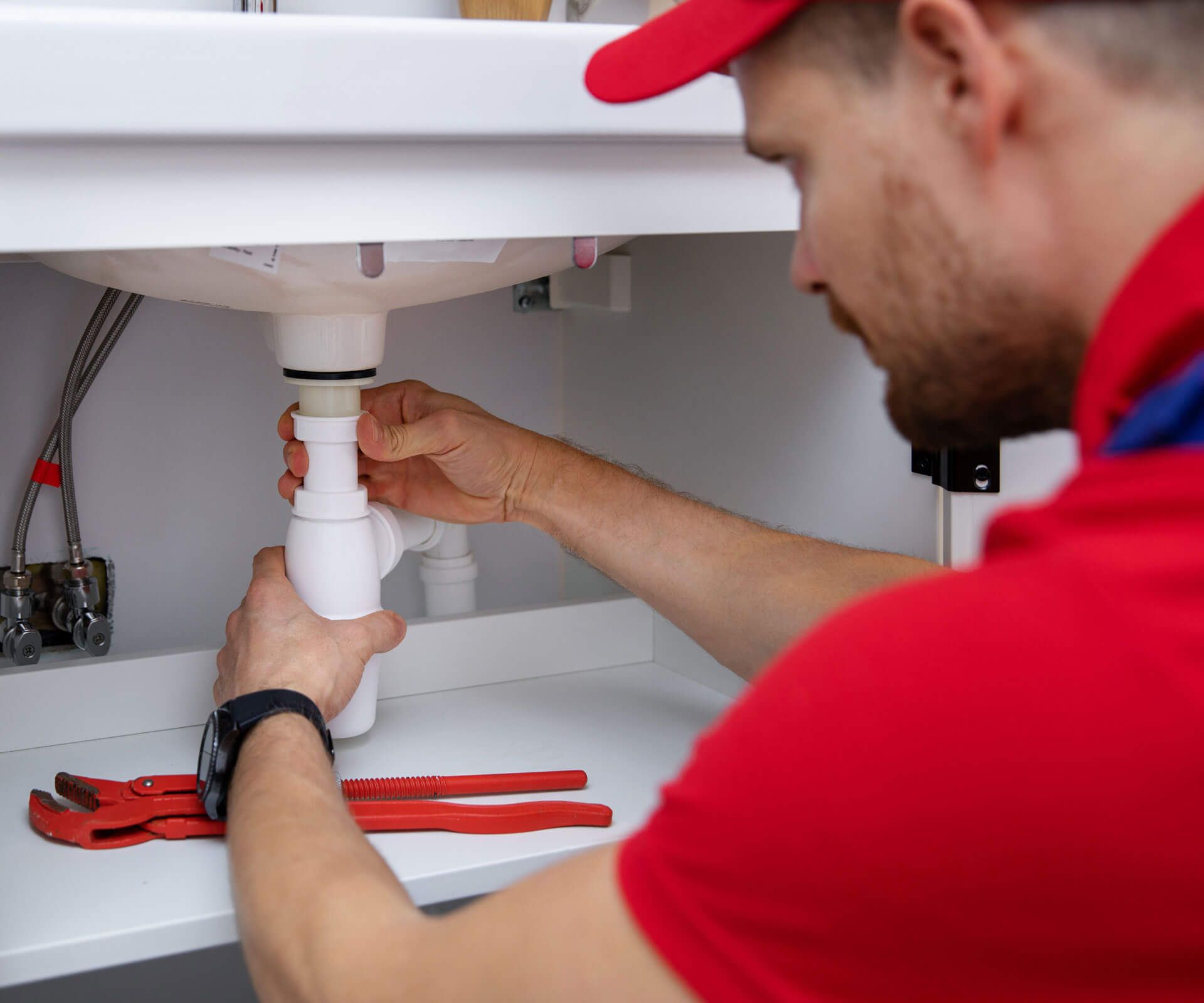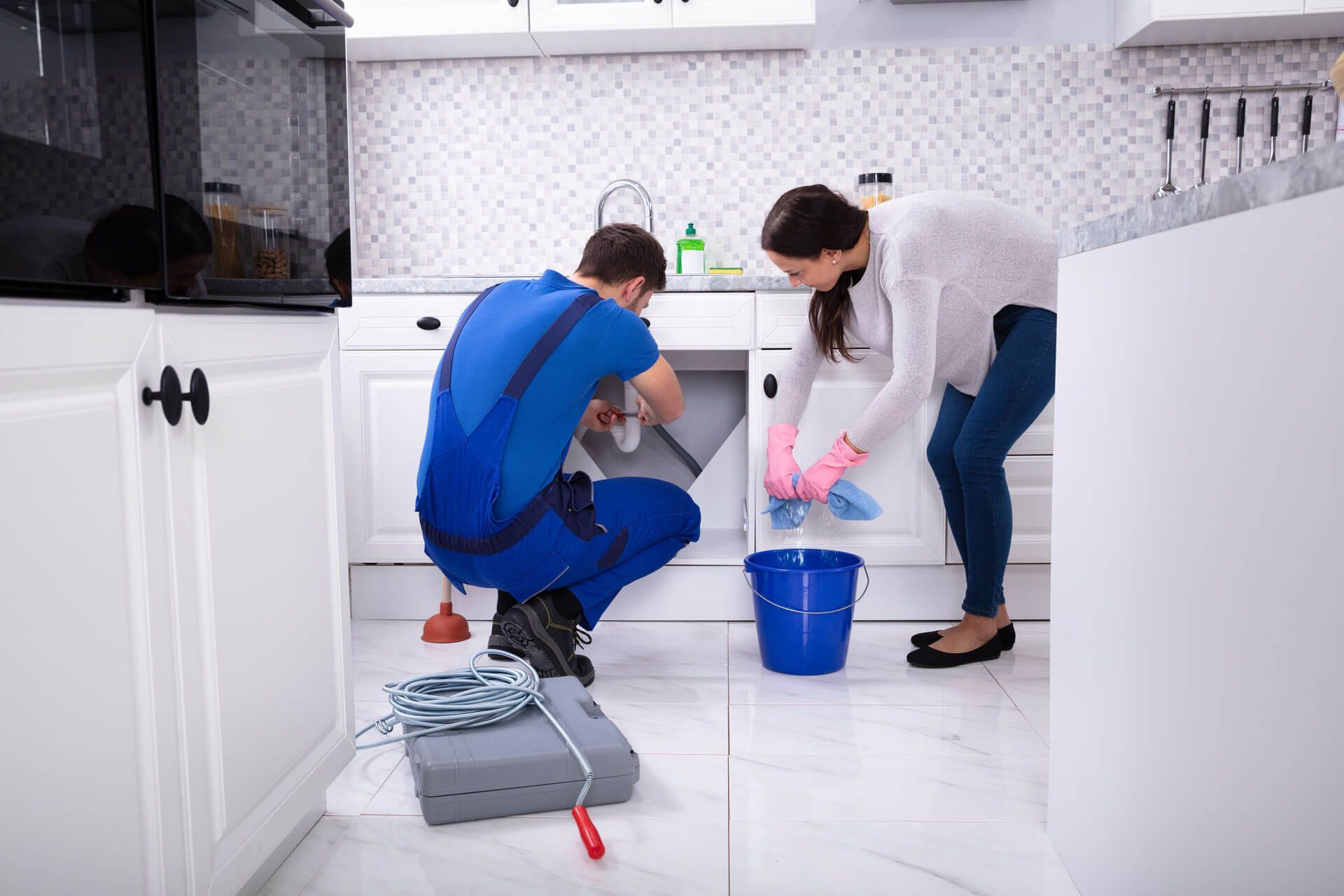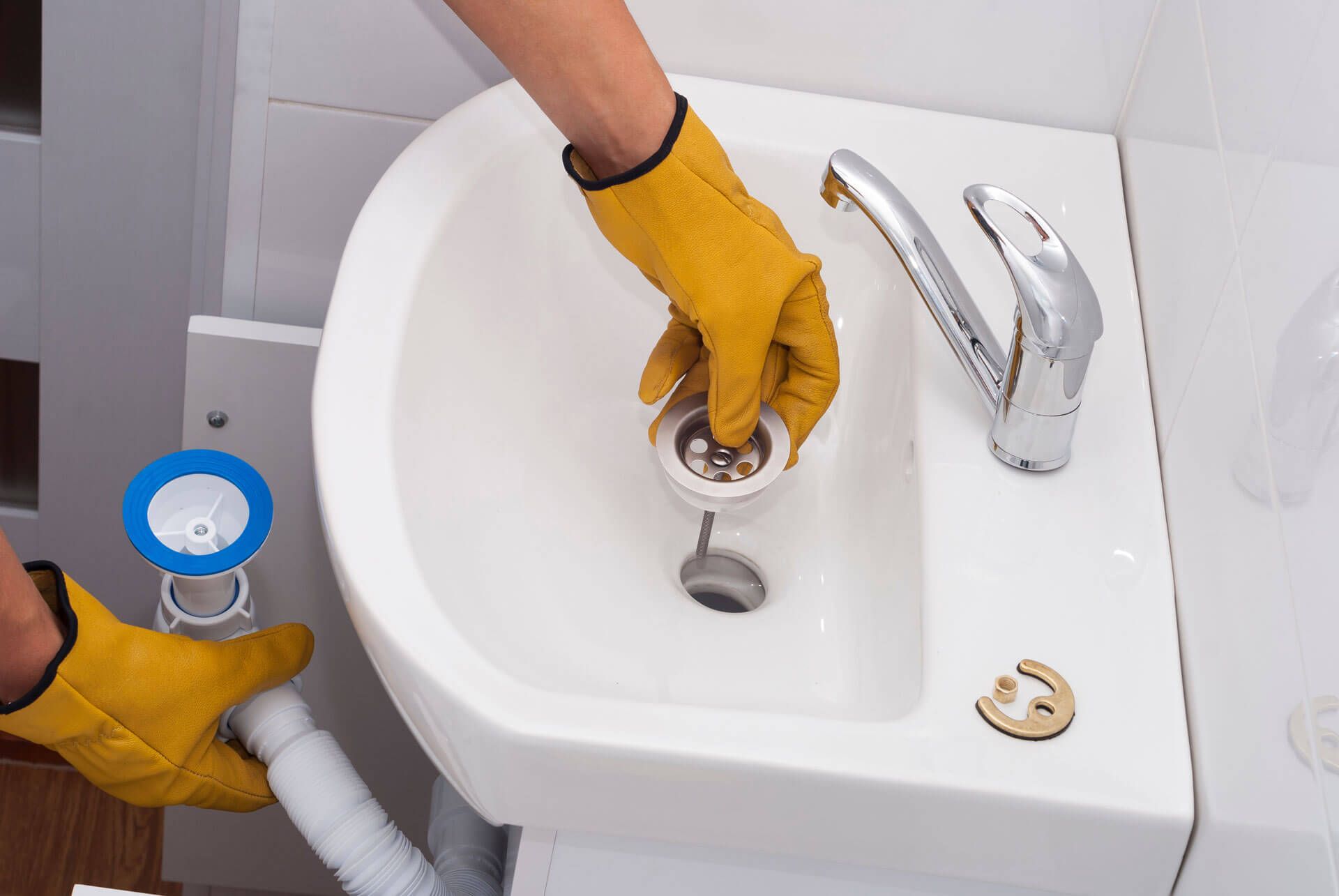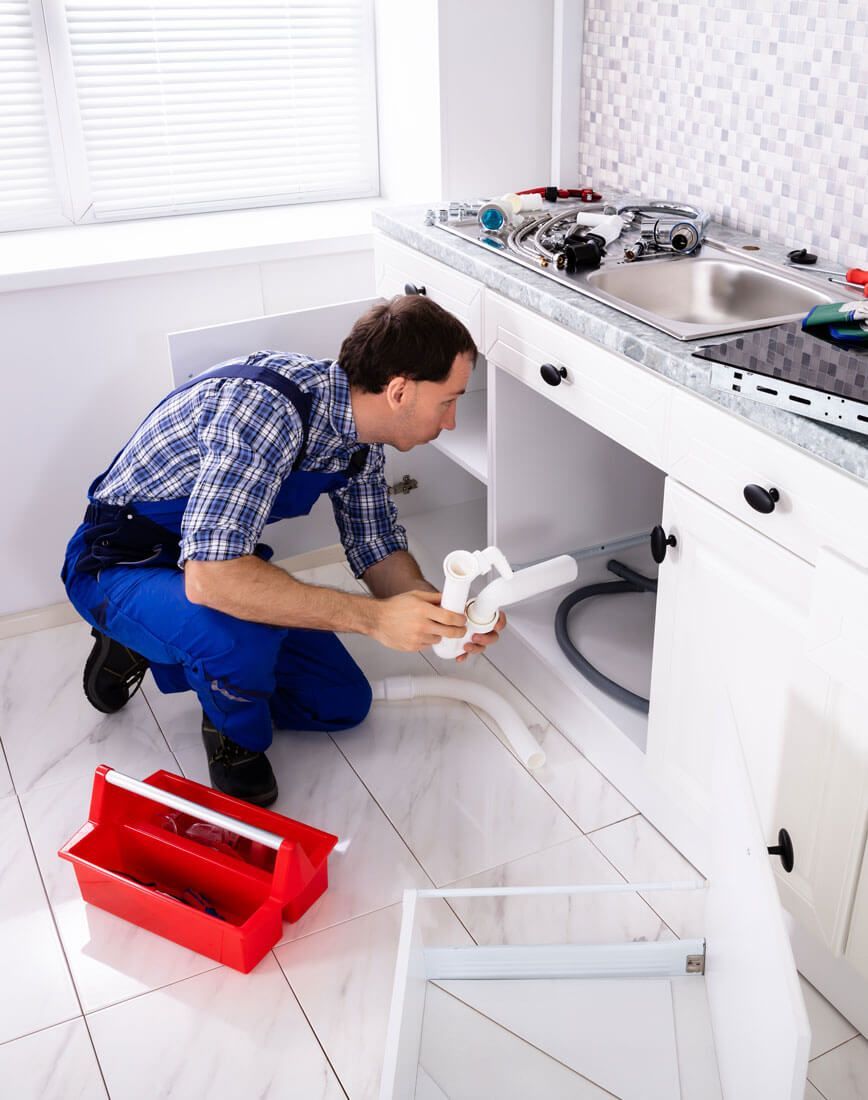When to Use Drain Cleaner and When to Avoid It: Key Considerations
When to Use Drain Cleaner and When to Avoid It: Key Considerations

Key Takeaways
- Drain cleaners are effective for minor clogs caused by organic matter like hair or food particles but should be used cautiously.
- Avoid using drain cleaners on completely blocked drains, old pipes, or for repeated use as they can damage plumbing systems.
- Professional plumbing services are often the best solution for severe or recurring clogs to avoid potential damage and ensure long-term effectiveness.
- Understanding when to use drain cleaner and when to avoid it can save you from costly repairs and plumbing issues down the line.
Clogged drains are a common household problem that can quickly turn into a frustrating and messy situation. Whether it’s a slow-draining sink or a backed-up shower, the temptation to reach for a drain cleaner is strong. However, while these chemical solutions can be effective in some scenarios, they are not always the best choice. Knowing when to use a drain cleaner and when to avoid it is crucial for maintaining the health of your plumbing system and preventing further damage. This blog will explore the key considerations to keep in mind, helping you make informed decisions and protect your home’s plumbing.
When to Use Drain Cleaner: The Right Scenarios
Minor Clogs and Slow Drains
Drain cleaners are most effective when dealing with minor clogs or slow drains caused by organic materials like hair, soap scum, or food particles. These chemicals are designed to break down the organic matter, allowing water to flow freely again. For instance, if you notice your bathroom sink draining slower than usual, a drain cleaner might be the right solution. In this case, the cleaner can dissolve the buildup, restoring the drain’s function without the need for invasive measures.
Preventative Maintenance (With Caution)
In some cases, using a drain cleaner as a preventative measure can be beneficial, especially if you frequently experience minor clogs. For example, periodically applying a mild drain cleaner in the kitchen sink can help prevent the buildup of grease and food particles, reducing the likelihood of a more severe clog. However, this should be done sparingly and with caution, as overuse of chemical cleaners can lead to pipe damage over time.
Specific Drain Types
Certain types of drains, such as those in bathroom sinks or showers, are more susceptible to clogs from hair and soap scum. In these cases, using a drain cleaner designed for bathroom drains can be effective. These products are typically formulated to tackle the types of buildup common in these areas, making them a practical option for maintaining clear drains.
When to Avoid Drain Cleaner: Scenarios to Steer Clear
Completely Blocked Drains
One of the most common mistakes people make is using a drain cleaner on a completely blocked drain. If water is not draining at all, it’s a sign that the clog is too severe for a chemical cleaner to handle. In this situation, using a drain cleaner can actually worsen the problem, causing the chemicals to sit in the pipe and potentially leading to corrosion or other damage. For completely blocked drains, it’s best to call a professional plumber who can safely and effectively remove the obstruction.
Old or Damaged Pipes
Older plumbing systems, especially those made from materials like galvanized steel or iron, can be particularly vulnerable to damage from chemical cleaners. The harsh chemicals can erode the pipes, leading to leaks or even pipe bursts. If your home has older plumbing, it’s wise to avoid drain cleaners altogether and opt for professional services to address any clogs.
Repeated Clogs
If you find yourself dealing with the same clogged drain repeatedly, it’s a sign of a deeper issue that a drain cleaner won’t resolve. Repeated use of chemical cleaners can cause significant damage to your pipes and may not address the root cause of the clog. In these cases, it’s important to seek professional help to diagnose and fix the underlying problem, whether it’s a more severe blockage or a problem with your plumbing system.
Septic Systems
Homes with septic systems should be particularly cautious when using drain cleaners. Many chemical cleaners can disrupt the balance of bacteria in the septic tank, leading to system malfunctions. If you live in a home with a septic system, it’s generally safer to avoid chemical drain cleaners and consult a professional for any plumbing issues.
Implications of Improper Drain Cleaner Use
Long-Term Pipe Damage
Using drain cleaners improperly or too frequently can result in long-term damage to your plumbing system. The chemicals in these cleaners are often highly corrosive, meaning they can eat away at your pipes over time. This is particularly true for older pipes or those made from materials that are more susceptible to corrosion. In some cases, this can lead to leaks, cracks, or even complete pipe failure, which can be costly to repair.
Environmental Impact
Another important consideration is the environmental impact of chemical drain cleaners. The harsh chemicals used in these products can contaminate water supplies and harm aquatic life if not properly treated. For those looking to minimize their environmental footprint, it’s worth considering alternative methods for clearing clogs or consulting a professional who can use eco-friendly techniques.
Ineffectiveness Against Certain Clogs
Not all clogs are created equal, and in some cases, a drain cleaner simply won’t work. For example, clogs caused by non-organic materials like plastic or metal objects will not be dissolved by a chemical cleaner. In these instances, using a drain cleaner is not only ineffective but can also lead to additional complications by pushing the clog further down the pipe or causing chemical buildup.
Alternatives to Chemical Drain Cleaners
Mechanical Methods
For those looking to avoid chemical drain cleaners, there are several mechanical methods that can be effective in clearing clogs. These include using a plunger, drain snake, or even a high-pressure water jet. Mechanical methods are generally safer for your pipes and can be just as effective in many cases. For example, using a drain snake to remove a hair clog in a bathroom sink can often solve the problem without the need for harsh chemicals.
Professional Plumbing Services
When it comes to severe or recurring clogs, the best solution is often to call in a professional plumber. A trained plumber can diagnose the cause of the clog, use specialized tools to remove it, and ensure that your plumbing system is not damaged in the process. While it may be tempting to try and handle the problem yourself, professional services offer the expertise and experience needed to prevent further issues and protect your home’s plumbing.
If you're dealing with a stubborn clog and unsure about when to use a drain cleaner, it's always best to consult a professional. Drain Cleaning Philadelphia is your go-to service in Pennsylvania, USA, offering expert advice and effective solutions for all your plumbing needs. Whether you're facing minor clogs or more severe blockages, our team is ready to help. Give us a call today at 267-633-8180, and let us ensure your plumbing is in top condition, saving you from potential damage and costly repairs.
Conclusion
Knowing when to use drain cleaner and when to avoid it is essential for maintaining the health and functionality of your plumbing system. While these chemical solutions can be effective for minor clogs, they are not a one-size-fits-all answer and can cause significant damage if used improperly. By understanding the appropriate scenarios for drain cleaner use and recognizing when it’s time to call a professional, you can avoid costly repairs and keep your home’s plumbing running smoothly.
If you’re unsure about when to use the drain cleaner or need help with a stubborn clog, don’t take the risk—reach out to Drain Cleaning Philadelphia today. Our expert plumbing services ensure that your drains are handled safely and effectively, giving you peace of mind and a clog-free home.
FAQs
Q: Can I use a drain cleaner on a completely blocked drain?
A: No, using drain cleaner on a completely blocked drain can worsen the problem. It’s better to call a professional plumber for severe clogs.
Q: Are drain cleaners safe for old pipes?
A: Drain cleaners can be harmful to old or damaged pipes, potentially causing corrosion or leaks. It’s advisable to avoid using them on older plumbing systems.
Q: How often can I use the drain cleaner?
A: Drain cleaners should be used sparingly, as overuse can damage your pipes. For repeated clogs, it’s better to seek professional help.
Q: What are some alternatives to chemical drain cleaners?
A: Mechanical methods like plungers, drain snakes, or high-pressure water jets are effective alternatives that don’t involve harsh chemicals.
Q: Can drain cleaners affect my septic system?
A: Yes, many chemical drain cleaners can disrupt the balance of bacteria in a septic system, leading to malfunctions. It’s safer to consult a professional for septic-related clogs.
2023 Copyright © Drain Cleaning Philadelphia | Privacy Policy
